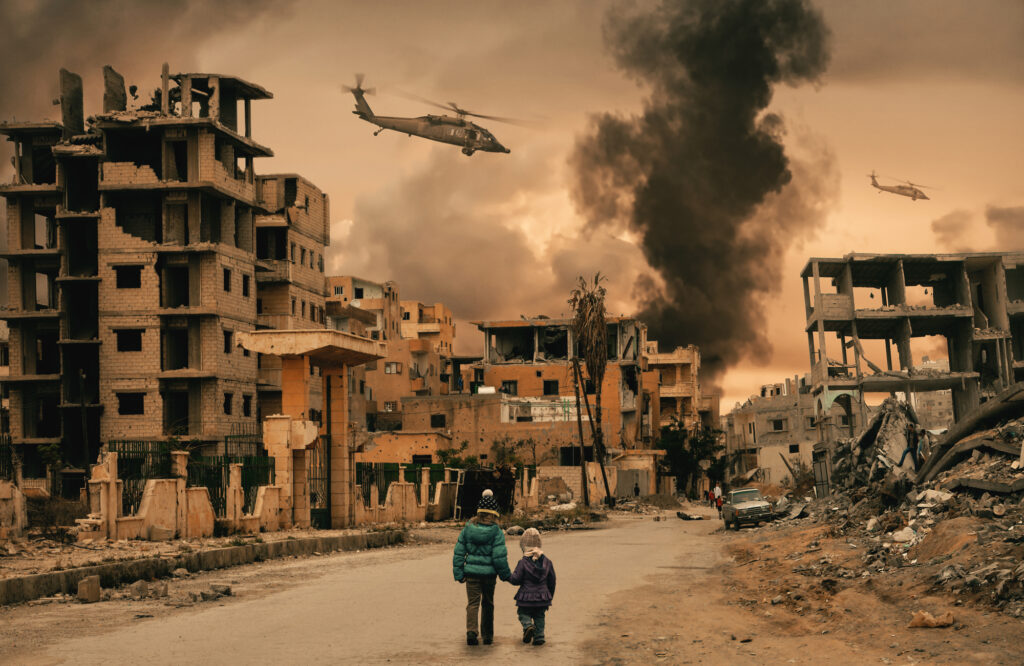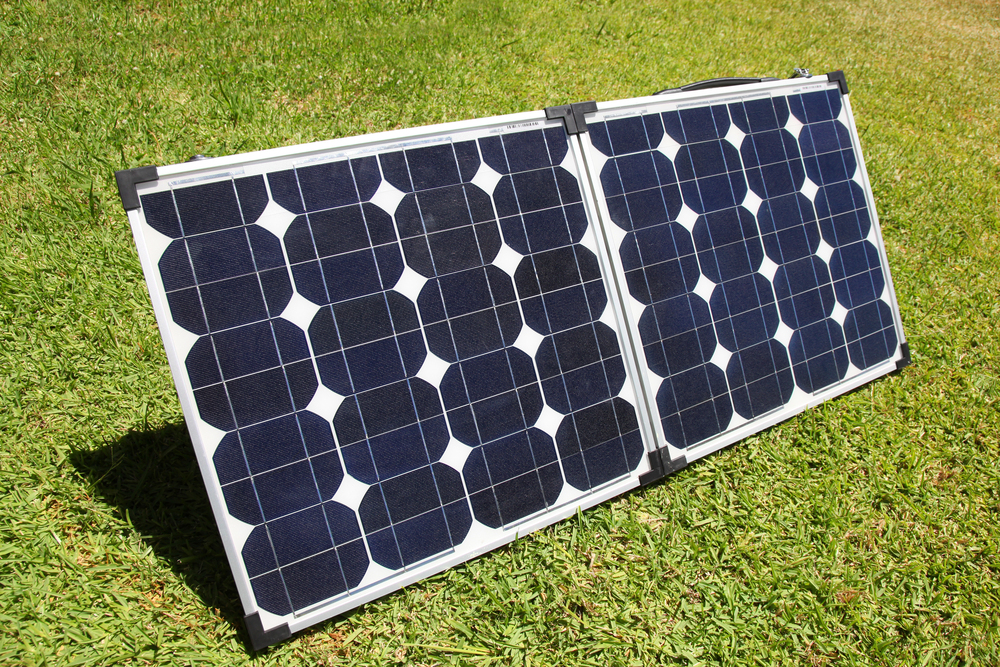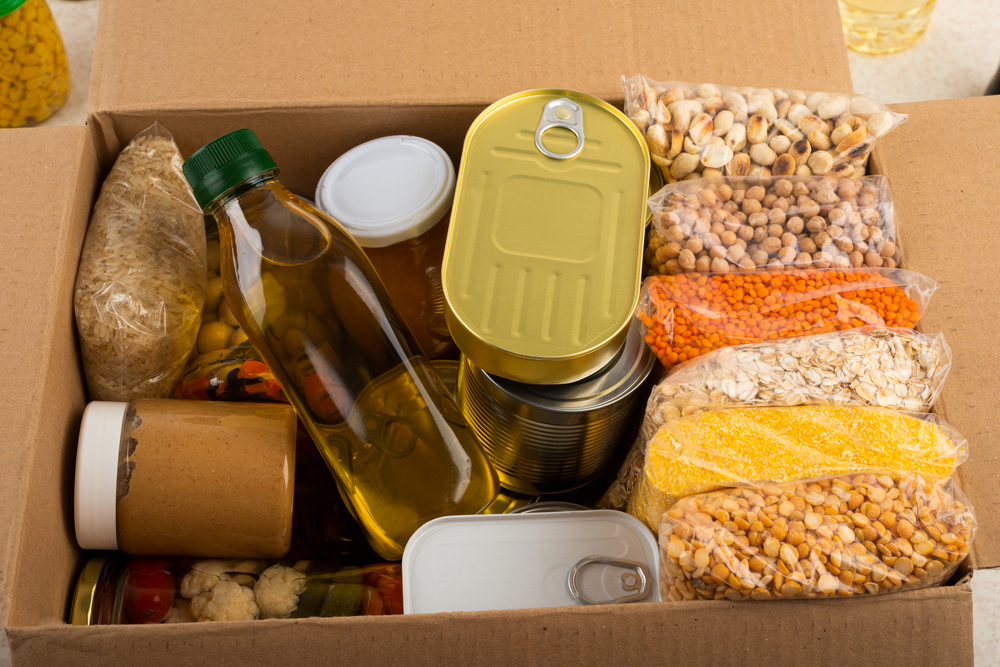The end of the world isn’t what you’d think of as light entertainment, but there’s no shortage of post-apocalyptic fiction on the bestseller lists. It’s a topic of endless fascination.
Post-apocalyptic novels have been around much longer than you might think; one of the earliest is Mary Shelley’s The Last Man, first published in 1826, about a plague which wiped out most of humanity. Yes, that Mary Shelley – the author of Frankenstein.
Another famous early end of the world novel is Richard Jefferies After London, about the collapse of society after some unspecified calamity, which was published in 1885.
Reading PA (post-apocalyptic) survival books can be entertaining and intriguing. But more than that, they can be thought-provoking and even educational. A lot of them are written by preppers and survivalists, some of them with military experience.
At the heart of the best post-apocalyptic survival books are entertaining stories about sympathetic characters, but they also weave in useful survival tips and they present scenarios that encourage you to think about how you’d
I have a list of survival books for kids in my children’s library, and I also have an ever-growing library of books, both fiction and non-fiction, to help build up my own survival skills.
Here is my list of my favorite post-apocalyptic survival books. (These are all fiction. I’ve got a bunch of practical, non-fiction survival books I’ll list in another post.)
Disclosure: There are affiliate links in this article and I may get commission if you purchase through these links. It will not cost you anything additional, and helps support this site!
- Going Home, by A. American The power has gone out everywhere, cars aren’t working, and Morgan Carter is 250 miles from home, and his wife and kids. He doesn’t know if it’s an EMP attack or a CME. He just knows he needs to get back to his family. Fortunately, he’s got supplies, and skills. Unfortunately, in a grid-down situation, society falls to pieces and human beings turn savage. The author describes himself as someone who’s been prepping since the early 90s, and this very popular book definitely reads like it was written by someone with survivalist knowledge. Right off the bat, he mentions his EDC (every day carry) bag, and there are many discussions of what specific gear he’s carrying with him. It’s definitely a book that will give you a lot of ideas about what to do in a scenario like this one, and what supplies to have on hand. There are 12 books in the series. The Going Home book series is well worth adding to your post-apocalyptic library.
- One Second After by John Matherson. Another classic that is very popular with the prepping crowd. It starts out a little slower than Going Home. It’s set in a small town, and everything’s idyllic, and peaceful…until the power goes out. This hero, a widowed father of two, and his family, don’t realize, right away, how bad things are, but he starts noticing the little things pretty quickly. There’s no noise from the high-way. There are no contrails from planes going overhead. And he starts making smart, selfish decisions almost immediately – like declining to give someone a ride in his Edsel, which, as an older model vehicle, is one of the few cars running. Yes, I said smart and selfish – to survive in a world where the electrical grid has gone down, we’re all going to need to be selfish. There’s just not going to be enough food and water to go around, and people will get desperate fast. The book describes the breakdown of law and order in a very realistic way, and shows the sacrifices and tough decisions that will have to be made in a grid-down world.
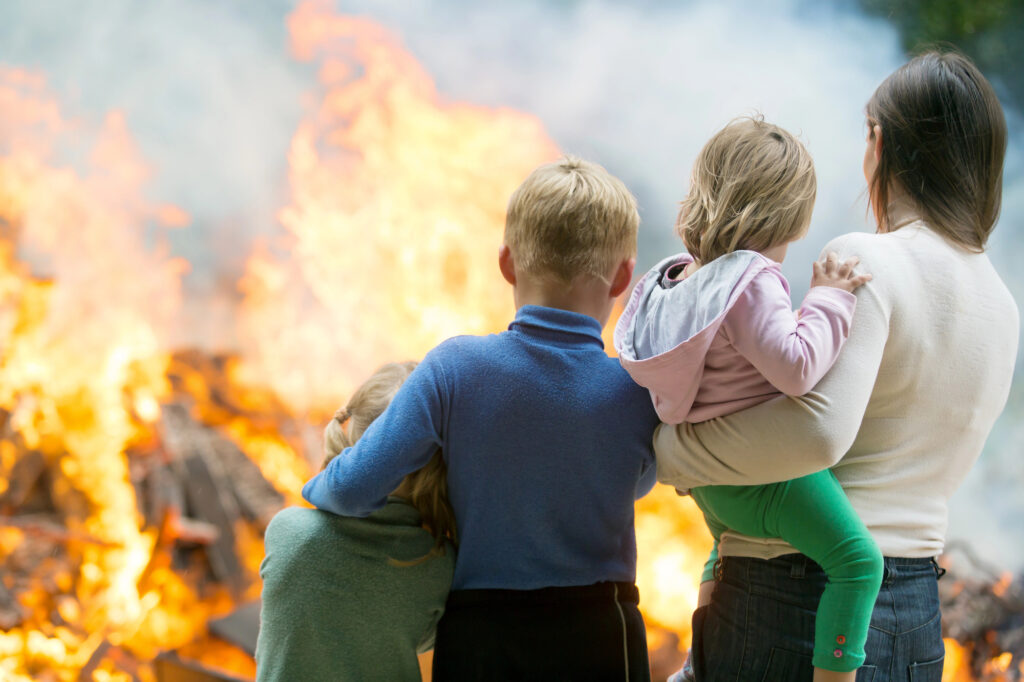
- Edge Of Collapse by Kyla Stone. A post-apocalyptic novel with a twist. The heroine has been held captive for the last five years by a sadistic psychopath – so when the grid goes down, the electric locks on her prison fail and she is able to escape. Now she just needs to make her way across a post-apocalyptic landscape to find her husband and son, who believe she’s dead. Oh, and it’s the dead of winter and her captor is pursuing her doggedly. It’s chilling and creepy, but again, we know that in a TEOTWAWKI situation, society will quickly fall apart and people will become savage. It’s another book that’s never boring, that races along quickly as you root for the heroine to survive against impossible odds. It also describes how the survivors band together, how they communicate with each other, and how they battle lawless bands who want to take what little is left.
- The Dog Stars by Peter Heller. This book is different than some of the other books on this list. It doesn’t read as if it’s written by a prepper and it’s not so much an instruction manual as it is a meditation on life after the end of the world. It’s set in a world 9 years after a deadly disease wiped out most of humanity. The writing is lyrical and poetic and sometimes reads like a journal entry. The hero, Hig, is in mourning for his wife Melissa who died of the deadly flu. Hig, a pilot, lives alone with his dog on an airplane compound, and flies his Cessna out to get supplies from time to time. His only companionship is his neighbor, a violent survivalist named Bangley who relies on the supplies that Hig fetches. One day, Hig receives a transmission which lures him back out into the world.
- Prepper In the Prepper book, by Tom Abrahams, we get to look at what happens when a villain deliberately takes down the grid throughout the state of Texas, and society does pretty much what you’d expect it to – it very rapidly implodes. The hero, Jack Warrant, finds out that the biggest threats to his family are not roving bands of thugs, but their neighbors who know that Warrant’s family are the only people in the neighborhood who prepped. And that’s a handy lesson for us all! The book is the first in a series.
- Station Eleven by Emily St. John Mandel. You may have heard of Station Eleven, a hugely popular book which is part post-apocalyptic novel, part literary fiction. HBO made a series from the book, although it departs significantly from some aspects of the novel. The book moves back and forth between the time when a rapid moving flu spreads throughout the whole world, killing almost everyone it infects, and twenty years later, when stunned survivors try to maintain their humanity. A small troupe of actors have gathered together, and they form the caravans of the Traveling Symphony. The group travels in a slow circle around Lake Michigan, dodging bandits and performing Shakespeare for the small groups of survivors who have banded together into communities. Yes, that’s right, Shakespeare. Their motto is “Survival Is Insufficient.” They encounter danger, and death, but also hope and beauty in the new dark ages that have become their world.
- Locker 9, by Franklin Horton. Locker 9 is the story of a terrorist attack on the United States, aimed at taking down our country’s infrastructure. The heroine of the story, Grace, is unlucky enough to be on her college campus in the middle of the terrorist attack, but lucky enough to have a dad who was a prepper, and who taught her survival skills and set up a plan in case of any kind of grid-down scenario. Now Grace and her best friend Zoe just have to travel 600 miles across a dangerous landscape, pursued by a lunatic, to re-unite with Grace’s family. This book definitely reads like it was written by a prepper, and provides specific tactics and types of survival gear that would be useful to anyone in a grid-down scenario. It’s part of a series of books all set in the same universe, and also serves as a cautionary tale as to how vulnerable our country is to attack by foreign invaders.
- Fight Like A Man by L.L. Akers. This book is interesting because it’s not about hardened preppers. It’s about several suburban families who have some vague ideas about prepping, and they react like real people will when the grid goes down and everything falls apart. At times, I found reading about these people to be annoying because they made dumb decisions, because they weren’t prepared at all, and because, like normal people, they kept expecting and hoping that somehow there would be a magical fix and the power would turn back on. However, this is a lot more realistic than the books about hardened preppers who instantly understand what’s going on and who know exactly how to handle every situation. Don’t get me wrong, I read a lot of those books and glean valuable information from them, but if you want to read a realistic book about how ordinary people will behave in an SHTF situation in North America, and learn from their mistakes, this is your book series.
- World War Z by Max Brooks. This book is a zombie novel, so in some ways, not as realistic as the other books in this list. However, even though it’s a science fiction novel, it’s very realistic in the way that it protrays how people will react to societal collapse. Unlike the movie made that was very loosely based on the book, it doesn’t follow one main protagonist. It is a bunch of fictional interviews and journal entries and historical snippets about how the world slowly unraveled as the zombie virus spread. The interviews are with people from all walks of life, and all over the world. China, Brazil, the United States, Greece, Tibet…politicians, doctors, police, ordinary people…My only complaint is that every interview itself could have been spun out into a book, and I wanted to know the complete story of every single character.
- Sunfall by D. Gideon. A CME (coronal mass ejection, which is basically an unexpected solar storm) takes out the nation’s power grid. Ripley Miller, a college student, and a group of her friends, are trapped on campus by campus security, and must find a way to escape so they can make their way through a dangerous landscape of a grid-down world. Across the country, a church-going woman named Dorothy Miller tries to navigate this new world, struggling with her conscience. She wants to be helpful and share the supplies she’s stockpiled, but after the catastrophic event that’s destroyed the nation’s grid, people are desperate and violent. The story reads as if it’s written by a prepper, with good advice on what to pack in bug-out bags, how to travel as safely as possible in a dangerous situation, and what to stockpile.
This is a lengthy list of books that are very different in tone and in the type of information that can be gleaned from them. I hope that you find some books among them that you enjoy and also pick up some valuable post-apocalyptic tips!
